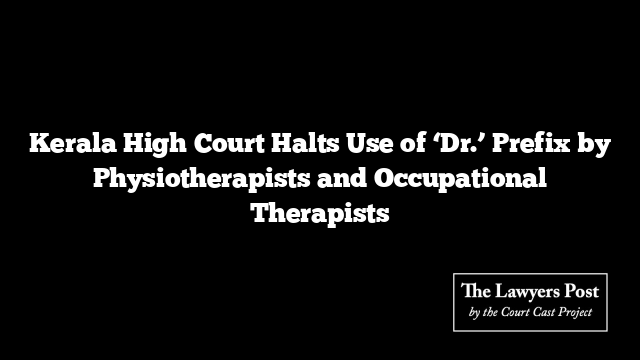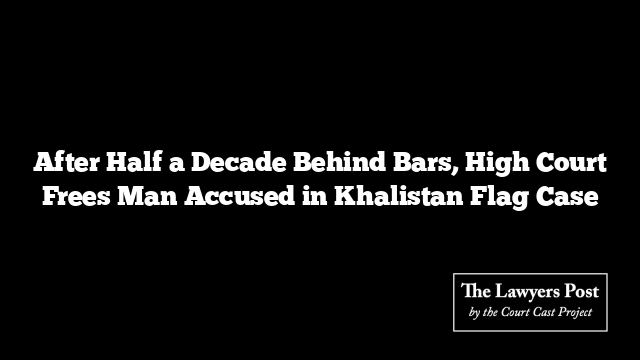The Madras High Court has drawn a sharp line between the dignity of the nation’s freedom fighters and the technicalities of government welfare schemes. In a recent judgment, the Court declared it “inappropriate” to compare a freedom fighter’s pension — born out of immense personal sacrifice — with schemes like compassionate employment, which are administrative in nature.
Justice V. Lakshminarayanan, delivering the verdict, overturned the Central government’s decision to deny a deceased freedom fighter’s pension to his divorced daughter. The Centre had argued that only unmarried, dependent daughters were eligible under the Swatantrata Sainik Samman Pension Scheme, 1980.
The Court, however, rejected this reasoning outright. “The pension is recognition of the hardship and sacrifice endured during India’s independence struggle. To compare such hardship with compassionate appointment is not appropriate,” Justice Lakshminarayanan observed.
The ruling centered around a petition filed by the daughter of late Shanmuga Thevar, a member of Subhash Chandra Bose’s Indian National Army. Thevar had been imprisoned by the British in Rangoon for six months and returned to India impoverished. Both the Central and State governments later sanctioned pensions to honor his service. After Thevar’s wife passed away, their daughter sought transfer of the pension but was denied by the Centre citing a 2014 guideline excluding divorced daughters.
The Court noted that the Supreme Court had earlier recognized divorced women as being in a similar position as unmarried daughters if they were financially dependent on their parents. Justice Lakshminarayanan emphasized that judicial discipline required him to follow that precedent.
“When the Supreme Court has spoken, I am bound to follow that view and not attempt to distinguish it,” he remarked, directing the Centre to grant the pension to the petitioner within eight weeks.
The judgment underscored that the pension is not a welfare handout but a symbolic acknowledgment of the extraordinary hardships endured by those who fought for the nation’s freedom. “There could be no better eligible person than the petitioner,” the Court had earlier observed in a related ruling, recognizing the shared sacrifices of both parents.
In granting relief, the Court once again reminded the government that the respect due to those who fought for the nation cannot be reduced to administrative checklists.





